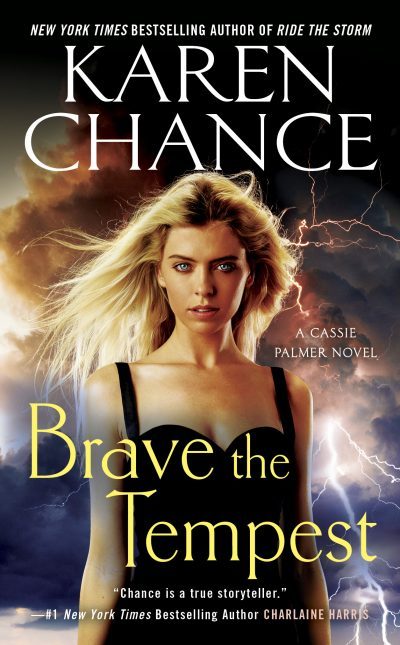


And, of course, stability isn't nearly so spectacular as instability. " Actual happiness always looks pretty squalid in comparison with the overcompensations for misery.

220Įven Helmholtz, who writes the feelies, agrees that they are idiotic. You've got to choose between happiness and what people used to call high art." Chapter 16, pg. That's the price we have to pay for stability. Expecting Deltas to know what liberty is! And now expecting them to understand Othello! My good boy!. Which you go and chuck out of the window in the name of liberty, Mr. People are happy they get what they want, and they never want what they can't get.And if anything should go wrong, there's soma. You can't make flivvers without steel-and you can't make tragedies without social instability. " Our world is not the same as Othello's world. They discuss Othello, another Shakespeare play, and Mond explains the impossibility of such a play's existence: to have tragedy you need social instability and dissatisfaction. Mond explains that Shakespeare is prohibited because it is old, and particularly because it is beautiful, and people should be attracted to new things, not old things. During the course of their conversation, Mond makes an allusion to an image from a Shakespeare play, and the Savage lights up with pleasure, until Mond reminds him that only he, the World Controller, who makes the laws, can break them. Bernard is horrified when the Savage gives Mond the honest answer of no. Mond walks in and addresses the Savage directly, asking him if he likes civilization. Bernard is gloomy and pessimistic Helmholtz is laughing aloud and the Savage is restlessly pacing. The three meet with his fordship World Controller Mustapha Mond in his study.


 0 kommentar(er)
0 kommentar(er)
